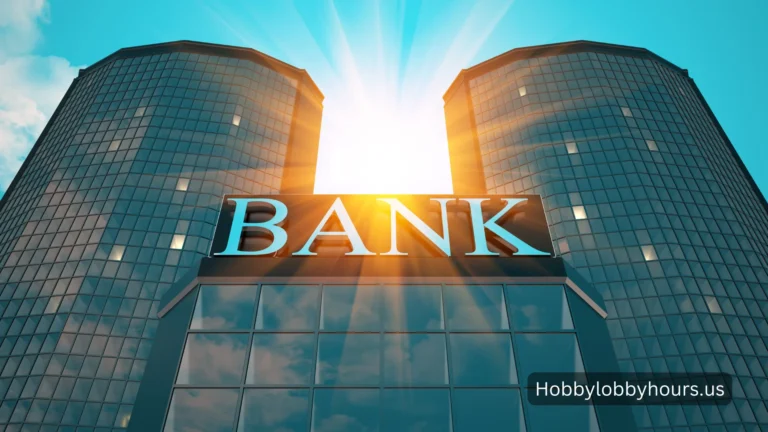What Is a Zero-Knowledge Proof?
Today, protecting privacy and guaranteeing the security of online transactions are top priorities. Cryptographic techniques are essential in safeguarding sensitive information, and one of the most promising methods is zero-knowledge proofs (ZKPs).
ZKPs allow one party to prove the validity of a statement without revealing any underlying data. This method ensures privacy and security while maintaining trust between parties. They’re becoming increasingly important in industries such as blockchain technology, where privacy concerns are paramount. For example, a crypto exchange will leverage ZKPs to verify transactions without exposing user information, offering a layer of security and confidentiality.
As blockchain adoption grows, the potential for ZKPs to revolutionize digital privacy expands. Understanding how zero-knowledge proofs work and their applications can help individuals and businesses make informed decisions about the future of digital security.

What Are Zero-Knowledge Proofs?
Zero-knowledge proofs are a cryptographic method used to prove that a statement is true without revealing any additional information about the statement itself. The core principle of ZKPs is that one party (the prover) can convince another party (the verifier) that they know a piece of information or that a condition is true without disclosing the actual information.
The three essential properties of ZKPs are completeness, soundness, and zero-knowledge. Explained further, this means an honest prover can convince the verifier of its truth if the statement is true, no prover can convince the verifier that it is true if the statement is false, and the verifier learns nothing beyond the fact that the statement is true.
Zero-knowledge proofs can be categorized into two main types: interactive and non-interactive. Interactive proofs require multiple rounds of communication between the prover and verifier, while non-interactive proofs allow a single exchange of information.
Also check: Pepe Coin tokenomics
How Do Zero-Knowledge Proofs Work?
A zero-knowledge proof involves a prover demonstrating knowledge of a fact to a verifier without disclosing any details. A simple analogy is a locked box: The prover knows the combination, but they show that they can open the box instead of revealing it. The verifier gains confidence that the prover knows the combination without learning it.
Mathematically, ZKPs are built on complex algorithms and cryptographic protocols that enable this type of proof. In an interactive zero-knowledge proof, the prover sends a series of challenges to the verifier, who responds with questions. Through this back-and-forth, the verifier is convinced of the prover’s knowledge without seeing the data.
In non-interactive ZKPs, a single proof is sent, usually with a signature, allowing the verifier to confirm the statement’s validity without ongoing communication.
Zero-knowledge proofs rely on strong cryptographic foundations, such as hash functions, elliptic curve cryptography, and zero-knowledge protocols, to maintain security and privacy.
Applications of Zero-Knowledge Proofs
Zero-knowledge proofs are increasingly used across industries to enhance privacy and security. One of the most prominent applications is in blockchain technology. ZKPs allow for secure, private transactions where the transaction details, such as the amount or parties involved, are not revealed to the public. This is particularly valuable in decentralized finance (DeFi) and crypto exchanges, where privacy concerns are a key issue.
ZKPs are also used in identity verification systems, where individuals can prove their identity without revealing sensitive personal information. For example, users can authenticate themselves for online services without sharing their passwords, reducing the risk of identity theft.
Other potential applications include secure voting systems, where ballots can be validated without revealing how an individual voted, and supply chain management, where the authenticity of goods can be confirmed without disclosing confidential business data. As ZKPs continue to evolve, new use cases are likely to emerge.
What Are the Advantages and Disadvantages of Zero-Knowledge Proofs?
Zero-knowledge proofs offer significant benefits, primarily in terms of privacy and security.
By proving a statement’s validity without revealing any underlying information, ZKPs preserve the confidentiality of sensitive data, which is especially valuable in sectors like finance, healthcare, and government. For instance, ZKPs can enhance security in crypto exchanges by protecting user data while maintaining transaction integrity.
Additionally, ZKPs are highly efficient in verifying complex data, potentially reducing the need for trust in centralized intermediaries. This can lead to faster, more secure digital interactions.
However, there are challenges in adopting ZKPs. The computational complexity of generating and verifying proofs can be resource-intensive, requiring substantial processing power and time. Also, ZKPs are still a relatively new technology and widespread adoption faces hurdles such as integration with existing systems and regulatory uncertainty. Overcoming these challenges will require further advancements in both cryptographic research and practical implementation.
The Future of Zero-Knowledge Proofs in Digital Security
Zero-knowledge proofs have the potential to transform digital security by enhancing privacy and reducing the need for trusted intermediaries. As technology advances and adoption grows, ZKPs will likely play an increasingly critical role in safeguarding sensitive data across industries, from blockchain to identity verification and beyond.








